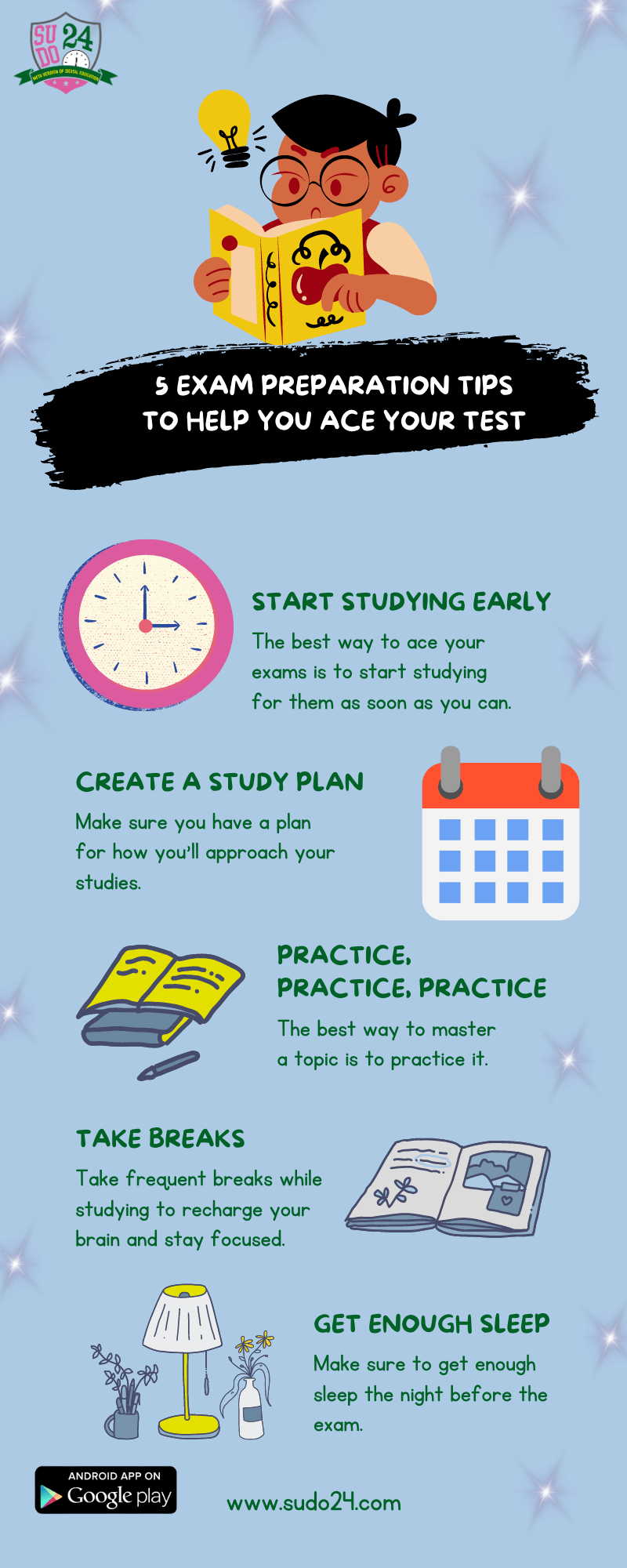Cenet Whispers
Your source for the latest insights and trends.
The Science of Stress-Free Studying: Yes, It's Possible
Unlock the secrets to stress-free studying! Discover proven strategies that make learning enjoyable and effective. Start your journey now!
Understanding the Biology of Stress: How It Affects Your Study Habits
Understanding the biology of stress is crucial for students striving to improve their study habits. When we experience stress, our body undergoes a series of physiological changes, primarily driven by the release of hormones such as cortisol and adrenaline. These hormones prepare us for the 'fight or flight' response, which can enhance our focus in the short term. However, chronic stress can lead to detrimental effects on cognitive functions, including memory and concentration. Thus, recognizing how stress impacts your biological processes can help in developing effective study strategies that reduce anxiety and promote a healthier learning environment.
To mitigate the negative effects of stress on study habits, consider incorporating the following practices into your routine:
- Mindfulness and meditation: These practices can help calm the mind and reduce physiological stress responses.
- Regular exercise: Physical activity increases endorphin levels, which can alleviate stress and improve mood.
- Time management: Developing a structured study schedule can minimize last-minute pressures that contribute to stress.
By understanding the intricate relationship between stress and biology, students can adopt empowering strategies that foster both academic success and personal well-being.

Top 5 Evidence-Based Techniques for Stress-Free Studying
Studying can often become a source of stress, but implementing evidence-based techniques can make the process more enjoyable and effective. Here are the top 5 techniques to help you study stress-free:
- Pomodoro Technique: This method involves studying for 25 minutes followed by a 5-minute break. This cycle helps maintain focus while preventing burnout.
- Mindfulness Meditation: Incorporating a few minutes of meditation before studying can enhance concentration and reduce anxiety, allowing for more effective learning.
- Active Learning: Engage with the material through discussions, teaching others, or applying concepts in real-world scenarios. This hands-on approach promotes deeper understanding.
- Environment Optimization: Create a designated study space that is comfortable and free from distractions. A well-organized area can significantly improve your ability to concentrate.
- Regular Exercise: Physical activity has been shown to boost cognitive function and alleviate stress. A brisk walk or quick workout can refresh your mind before diving back into studying.
Is Stress-Free Studying a Myth? Debunking Common Misconceptions
The concept of stress-free studying often seems unattainable, leading many to believe it's merely a myth. The truth is, while some level of stress is a natural part of the learning process, there are effective strategies to minimize it. For instance, not all stress is detrimental; a manageable amount can actually enhance focus and performance. However, misconceptions arise when students feel they must achieve a perfect study environment or lack any stress at all, which can create unnecessary pressure and hinder academic success.
One prevalent myth is the belief that studying in a completely silent and distraction-free environment is essential for effective learning. In reality, stress-free studying can be more about finding a balance that works for each individual. Incorporating elements like background music, study groups, or even timed breaks can alleviate pressure. Emphasizing the importance of self-care, including proper rest and nutrition, is crucial. Ultimately, debunking these misconceptions empowers students to adopt a more realistic and flexible approach to their studies.